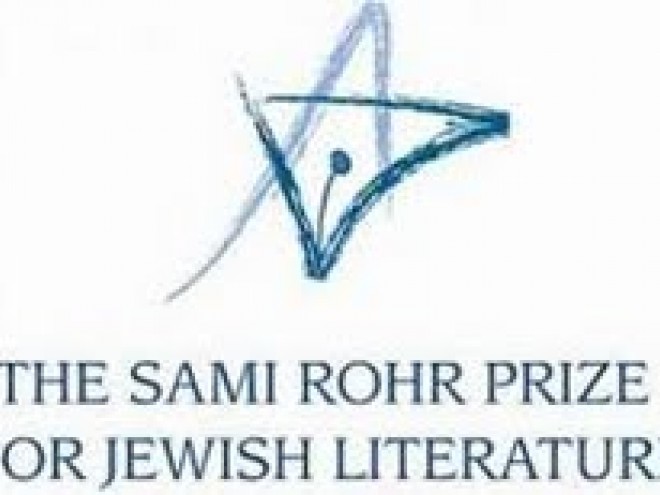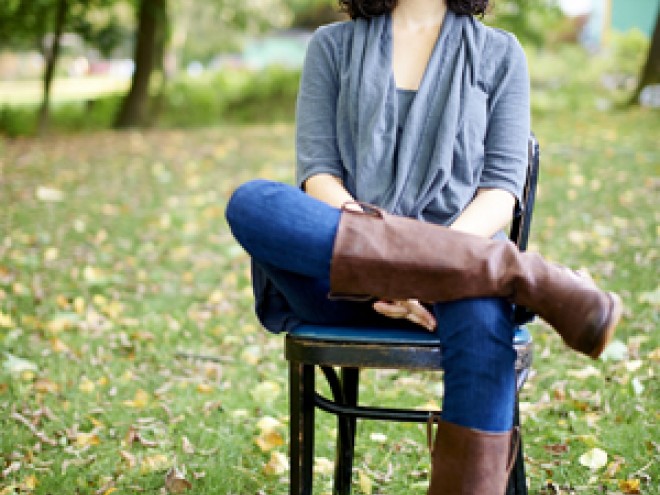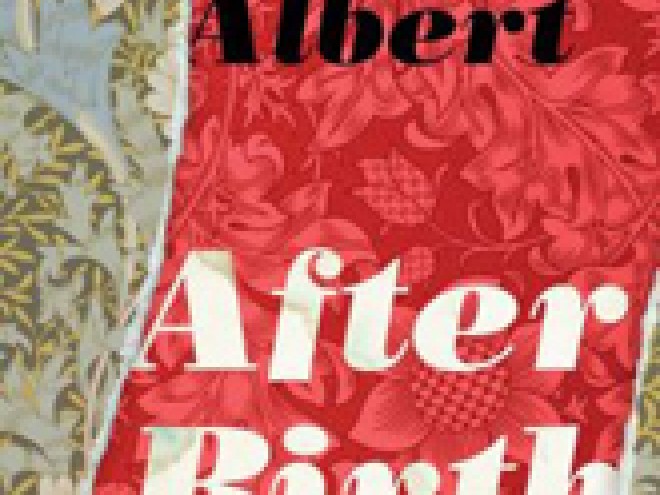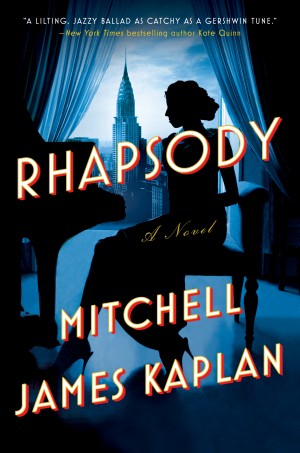From celebrated novelist Elisa Albert comes The Snarling Girl, a collection of energetic essays written over the course of the last decade. Albert’s voice is like none other — brazen, provocative, and honest. It makes clear that this snarling girl isn’t afraid to “go there.”
More often than not, “there” is Albany, New York, where Albert lives. She has what one might call a love – hate relationship with her city. In the essay “Spring, Albany” — the first of four titles to name the city and its season — Albert relates how she and her fellow residents “watch the sun set on [Rockefeller’s] stupid / outrageous / terrifying / beautiful Plaza.” In the paragraphs that follow, she alternately tries to convince a wary newcomer of Albany’s merits (camaraderie! outdoor activities! events!) and wants to move elsewhere (pesticidal water, small-town gossip, routine run-ins with traffic violators). It is Albert’s constant grappling with her city that unifies an otherwise eclectic collection.
Later in the book, Albert refers to herself as “ever the flaneur,” or saunterer, a label that can also be used to describe the collection as a whole. Indeed, Albert’s book wanders across topics, never settling on just one. An essay about her love of singer – songwriter Ani DiFranco — cleverly called “Ani-festo” — appears next to an essay that connects our worship of screens to Moses’s smashing of the tablets. In the essay after that, Albert skewers those on the “insensitive-to-fucking-asshole spectrum” who give her a hard time for having “only” one child. While some readers may desire more thematic cohesion from the collection, Albert shows herself to be a writer of many interests and emotional investments.
One of those investments is Jewish ritual and identity. Throughout the book, Albert writes about the stress of being a “perfect hostess, perfect Jewess” at her Passover seder; discusses the literary legacy of Philip Roth; recounts a visit to the mikvah; and enumerates some of the antisemitic comments she’d received. In one of her most whimsical, dynamic essays, “Early Autobiography via Proximity to Fame, or When People Ask Me What It Was Like Growing Up in L.A.,” Albert recalls being in classes and groups with fellow Jews who have since achieved varying levels of celebrity — among them, John Hughes’s soundtrack composer, the son of the founder of Noah’s Bagels, and the estimable Grace Paley. She concludes the essay by undermining its very premise:
I [then] became permanently jaded, finding it absolutely pathetic, to say nothing of existentially crushing and spiritually bereft and morally suspect, when people even subtly angle toward fame, or attempt to name drop for any reason at all, in any context whatsoever. So! The end.
Of course, not all of Albert’s essays end with a wink. In “Vagina Jail,” Albert sits in a roomful of doula trainees and rages against the mistreatment and inequities faced by childbearing people. And in “Winter, Albany,” she relays a heartbreaking story about a cherished family member. Structurally, this essay stands out from the rest. Whereas the others tend to wander and list, “Winter, Albany” is strictly narrative, propelling itself toward its tragic conclusion. In that way, it’s a refreshing departure from the pattern Albert has created.
Ultimately, there’s an essay in The Snarling Girl for all of us — perhaps because there’s a snarler in all of us, each of us relieved that we’re not the first to feel the stupid / outrageous / terrifying / beautiful things that this writer has herself felt.
Kyra Lisse is a writer and editor from the Philadelphia area. Her work has been published in or is forthcoming from Ghost City Review, Sky Island Journal, SWWIM, New Voices, and Assay: A Journal of Nonfiction Studies, among other places. Kyra currently lives in Lancaster, PA.





